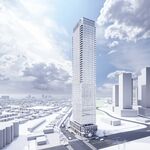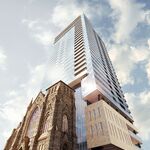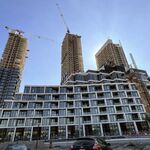James
Senior Member
Yes
No
City of Toronto's golf courses tend to be very old...they were created from farm land long before any development around them. When Metro was created and the post war boom was happening, the city signed deals in the 50's and 60's with 9 privately owned golf clubs to maintain green space. Golf courses would receive tax rebates as long as they remained golf courses. If they sold the land to developers, they would have to repay all deferred taxes plus interest. This was a mutually beneficial agreement that has worked to this day.
In total, there are 19 golf courses within the City of Toronto. Few major cities of the world can boast that kind of golfing within their city limits. The Toronto region is one of the great golfing destinations of the world, and a source of tourism. They are a great asset in more ways than one.
And these are some of the reasons I find the makeup of Toronto so unique in the world. As I've noted before, having prime sought-after leafy neighborhoods like Rosedale, Yorkville and the Annex so close (and right in) the downtown core only contributes to the health, the cachet, and the desire to live and work in the downtown sector.





